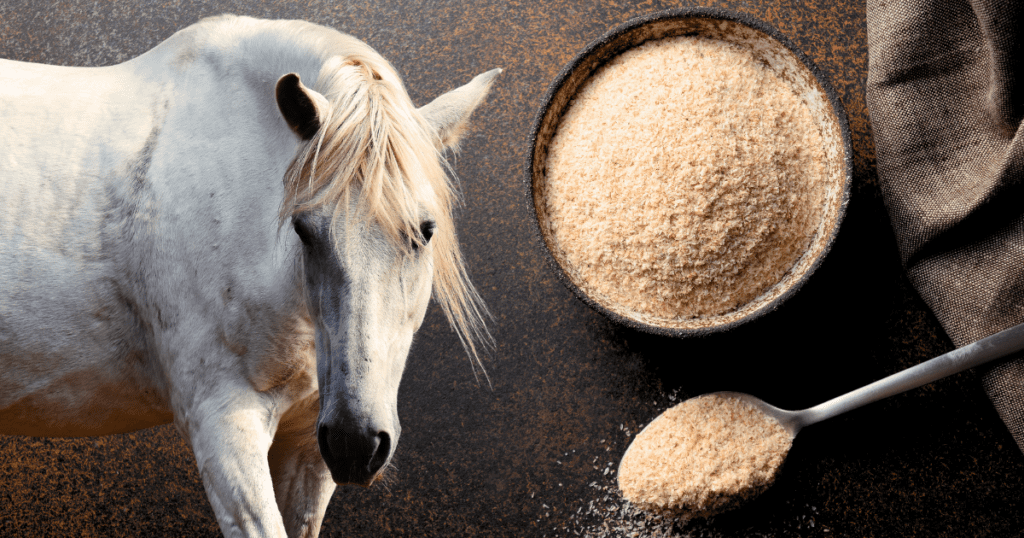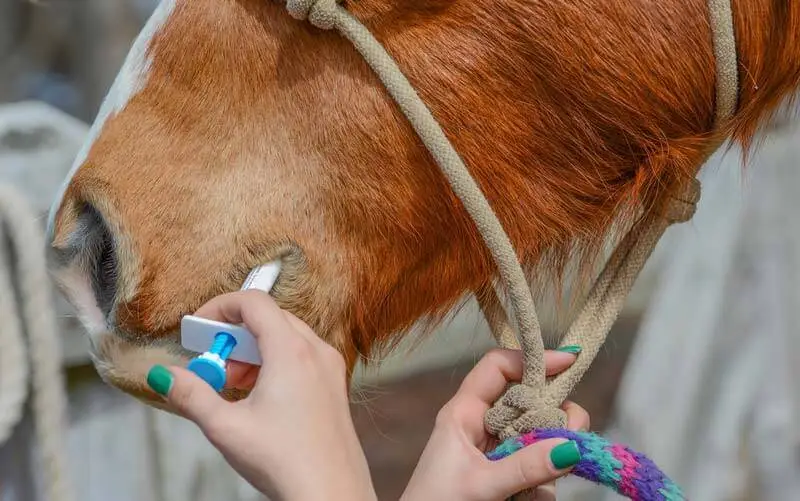Should I feed my horse psyllium husks?
Derived from the husk of the psyllium seed, commercial psyllium products are promoted as aids to eliminate sand from the horse’s digestive system. However, numerous studies into the effectiveness of psyllium husks have uncovered some findings worth exploring.

Regardless of where you live, your horse will ingest dirt and sand each day when grazing and eating directly from the ground. This increases the risk of sand colic, where dirt and sand build up within the digestive system, leading to potentially severe digestive upset, such as impaction.
While feeding psyllium husks is not harmful to your horse, several studies indicate that long-term use reduces its efficiency to rid your horse’s digestive tract of dirt and sand build-up. Instead, microbes in the bowel start to ingest psyllium husks as a fiber source.
Consulting your veterinarian is an important first step in determining whether you should feed psyllium husks and how much your horse requires. There are a number of clinical tests your veterinarian is also able to perform if you have concerns about sand ingestion.
However, like most health problems, prevention is certainly better than cure. Anywhere there is sand, decomposed granite, or gravel, the risks of sand colic increase. Similarly, soft footing areas in paddocks and arenas can lead to sand ingestion.
To protect your horse from the risk of sand colic, you should:
- Feed small meals frequently
- Provide quality roughage – at least 1.5-2.5% daily
- Ensure your horse is receiving adequate fibre
- Limit excessive grain concentrates
- Use safe on-the-ground feeders
- Install rubber matting if needed
Do you have questions about your horse’s diet? Call us today on (07) 4511 4554 to speak with one of our qualified veterinarians about a diet consultation for your horse. Click here to learn more about our nutrition and diet services.



